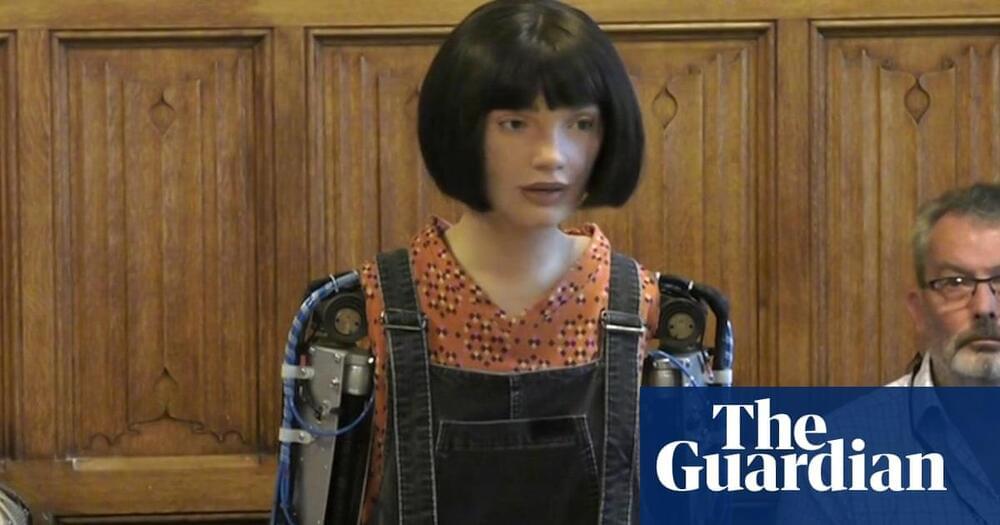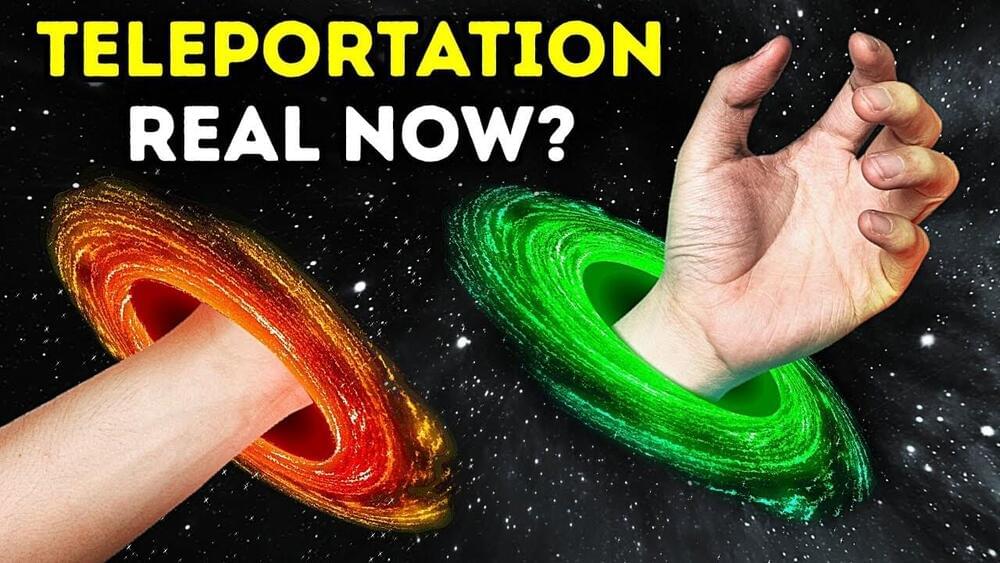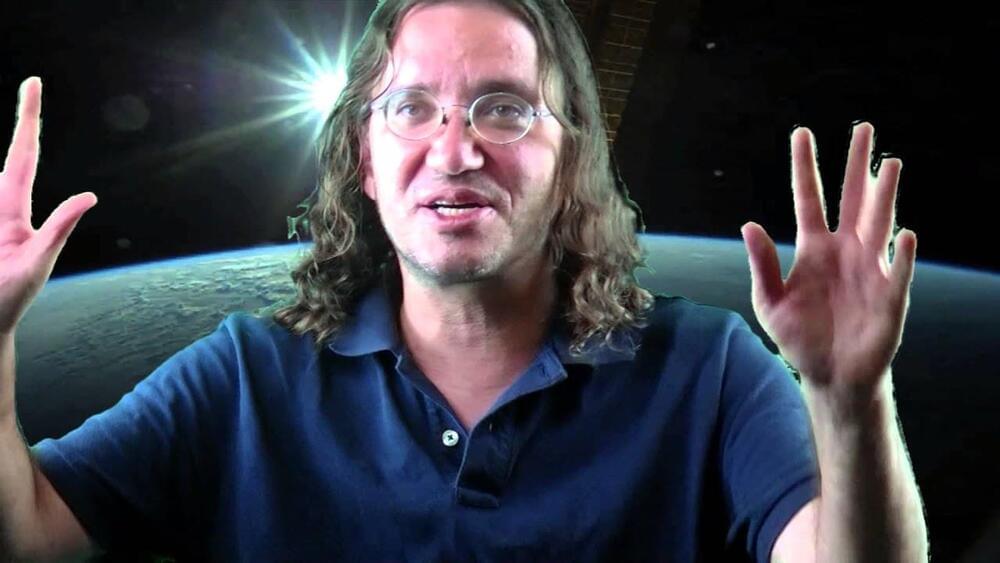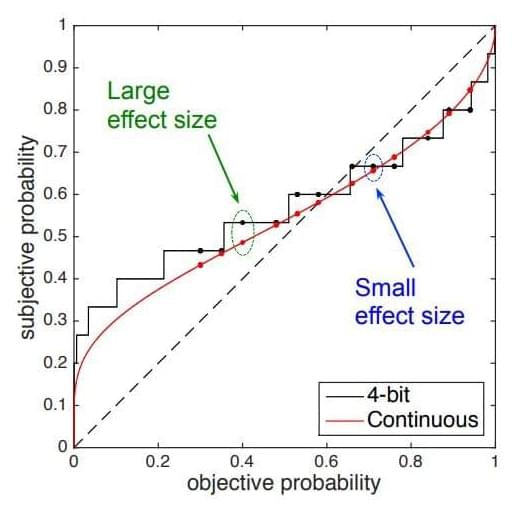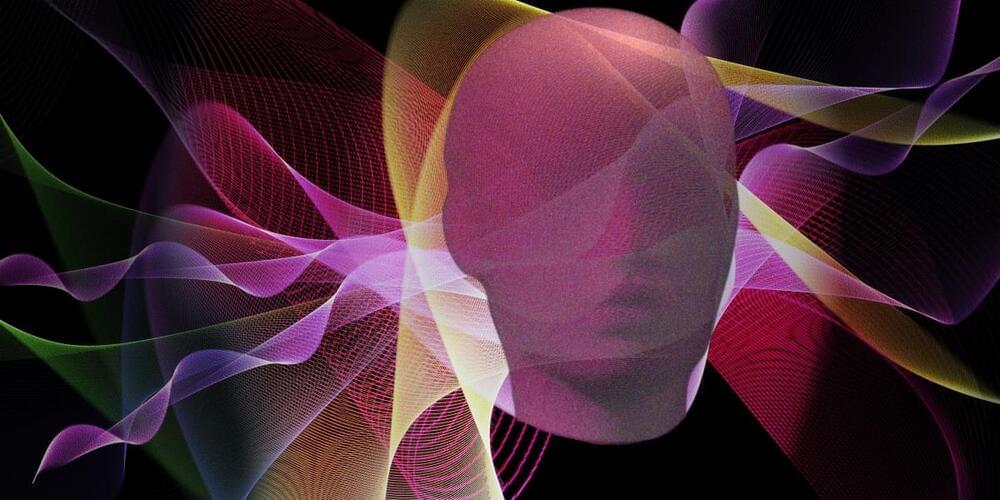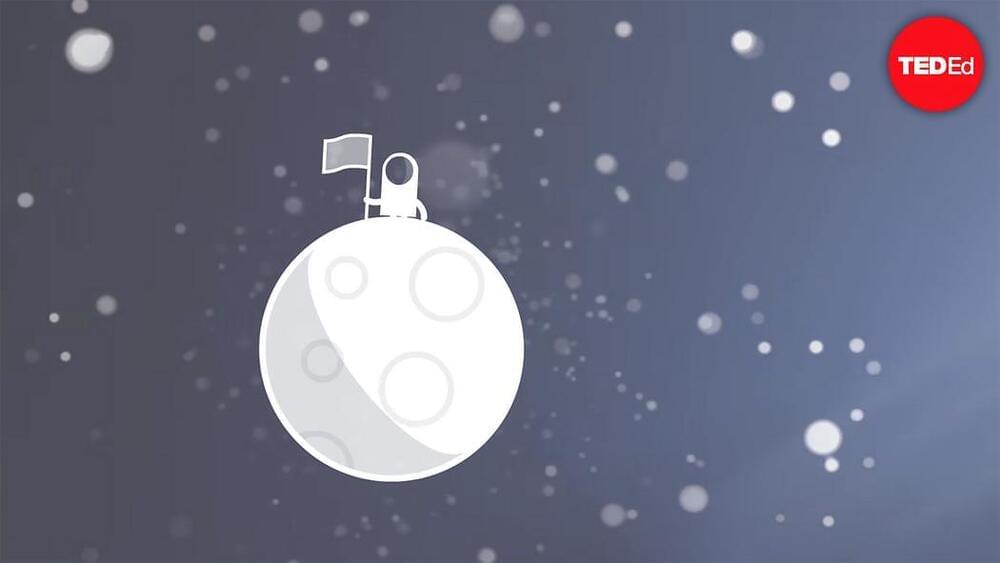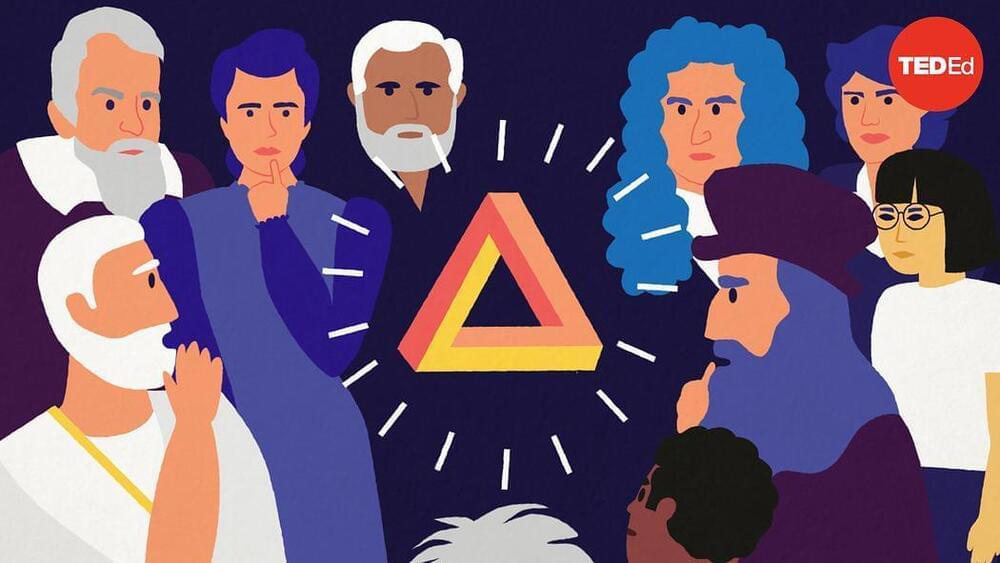Oct 16, 2022
China’s Economy is in Bad Shape
Posted by Raphael Ramos in categories: business, economics, media & arts
In this episode we take a look at the many problems facing China’s economy. How did the country end up in this position and what does it mean for the rest of the world?
— About ColdFusion –
ColdFusion is an Australian based online media company independently run by Dagogo Altraide since 2009. Topics cover anything in science, technology, history and business in a calm and relaxed environment.


